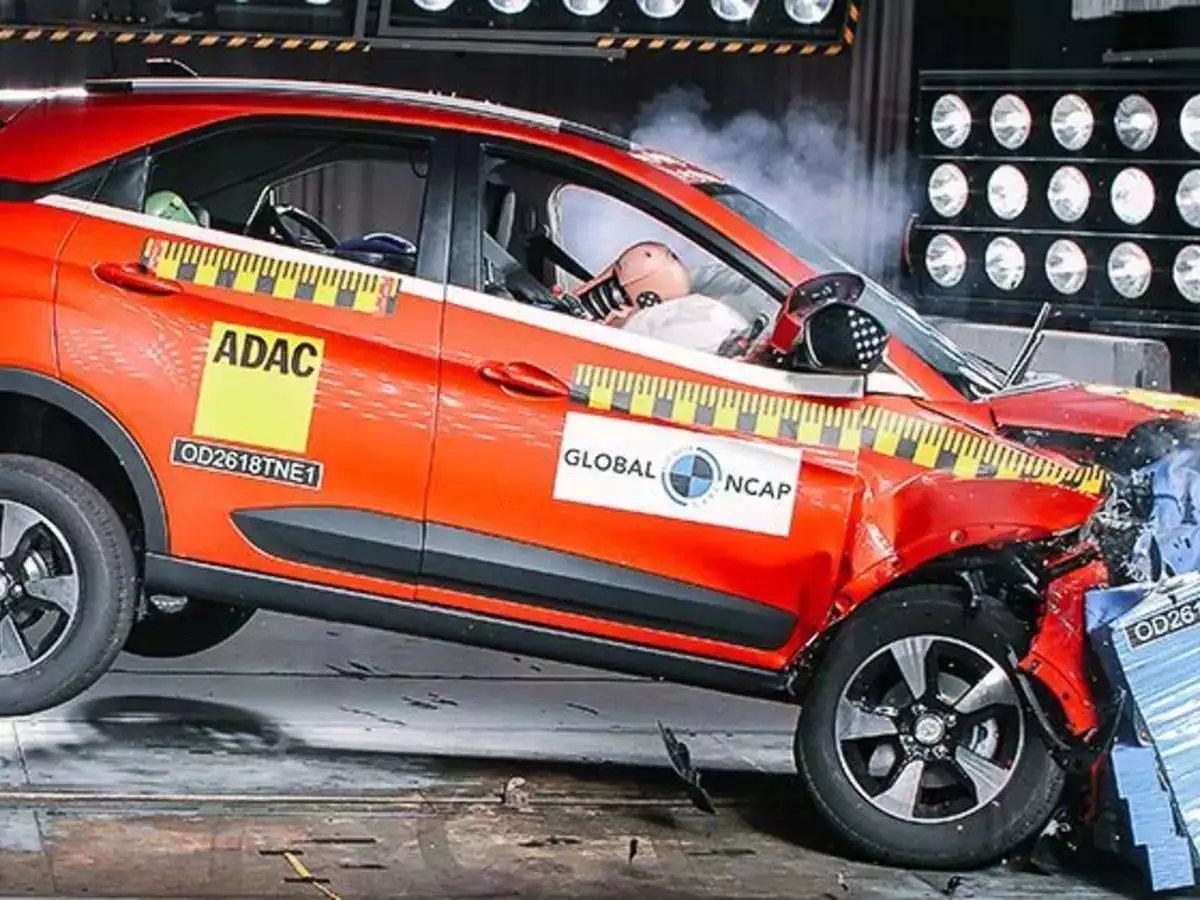
Car


The Bharat New Car Assessment Programme (BNCAP), launched in October 2023, is India’s own vehicle safety rating system designed to ensure cars sold in the country meet specific safety standards. Modelled after the Global NCAP, Bharat NCAP tests the safety of new cars based on adult and child occupant protection, along with other crucial safety features like seatbelt reminders and electronic stability control (ESC).
Global NCAP, established in 2011, is a worldwide initiative that evaluates car safety through crash testing. The #SaferCarsForIndia campaign focuses on encouraging manufacturers to improve vehicle safety for markets like India, ensuring that local cars meet global safety standards.
Get the best deals on cars. Click here!
Bharat NCAP rates cars on a scale of 1 to 5 stars, where 5 is the highest rating. This assessment involves:
The crash tests are divided into the following categories:
The BNCAP evaluates vehicles based on two main criteria:
Check out the Best Deals from Authorised Workshops
Once selected, the car undergoes crash testing with dummies outfitted with sensors to gather data, simulating real-life accident scenarios. The crash test results are reviewed, and safety ratings are assigned.
Bharat NCAP’s star ratings reflect the overall performance of cars:
The maximum scores are 32 for adult protection and 49 for child protection.
Find the Best Deals from Trusted Showrooms
As of now, cars like Tata Safari, Harrier, Punch EV, and Nexon EV have been tested. All achieved stellar results, with the Safari and Harrier scoring 30.08/32 for adult protection and 44.54/49 for child protection, highlighting their top-tier safety features.
While both programs aim to improve car safety, Bharat NCAP is tailored for Indian driving conditions, using a 32-point scale for adult protection, compared to Global NCAP's 36-point scale. The addition of mandatory seat belt reminders in India is a significant difference between the two.
Experience the CarPhD Best Price Guarantee!
The growing awareness of car safety has pushed manufacturers to standardize key safety features such as airbags, ESC, blind-spot monitoring, and adaptive cruise control. Additionally, technologies like Advanced Driver Assistance Systems (ADAS) are gaining traction and are expected to become integral to future safety assessments. Countries like Japan have already incorporated ADAS into their scoring systems.
The BNCAP plays a crucial role in ensuring vehicle safety for Indian consumers. Safer cars reduce the risk of injury and fatalities in accidents. Given that India has one of the highest road accident rates globally, initiatives like Bharat NCAP are essential for improving road safety. Although vehicle prices may rise due to stringent safety standards, the long-term benefits of safer cars far outweigh the costs.
Get the best deals on cars. Click here!
Bharat NCAP’s launch marks a significant milestone in India’s journey toward improved road safety. By setting strict testing standards and pushing automakers to produce safer vehicles, it’s a welcome change for both the industry and consumers alike.
Keywords: Bharat NCAP, car safety ratings India, crash test, car safety features, Global NCAP, safer cars India, ADAS, ESC